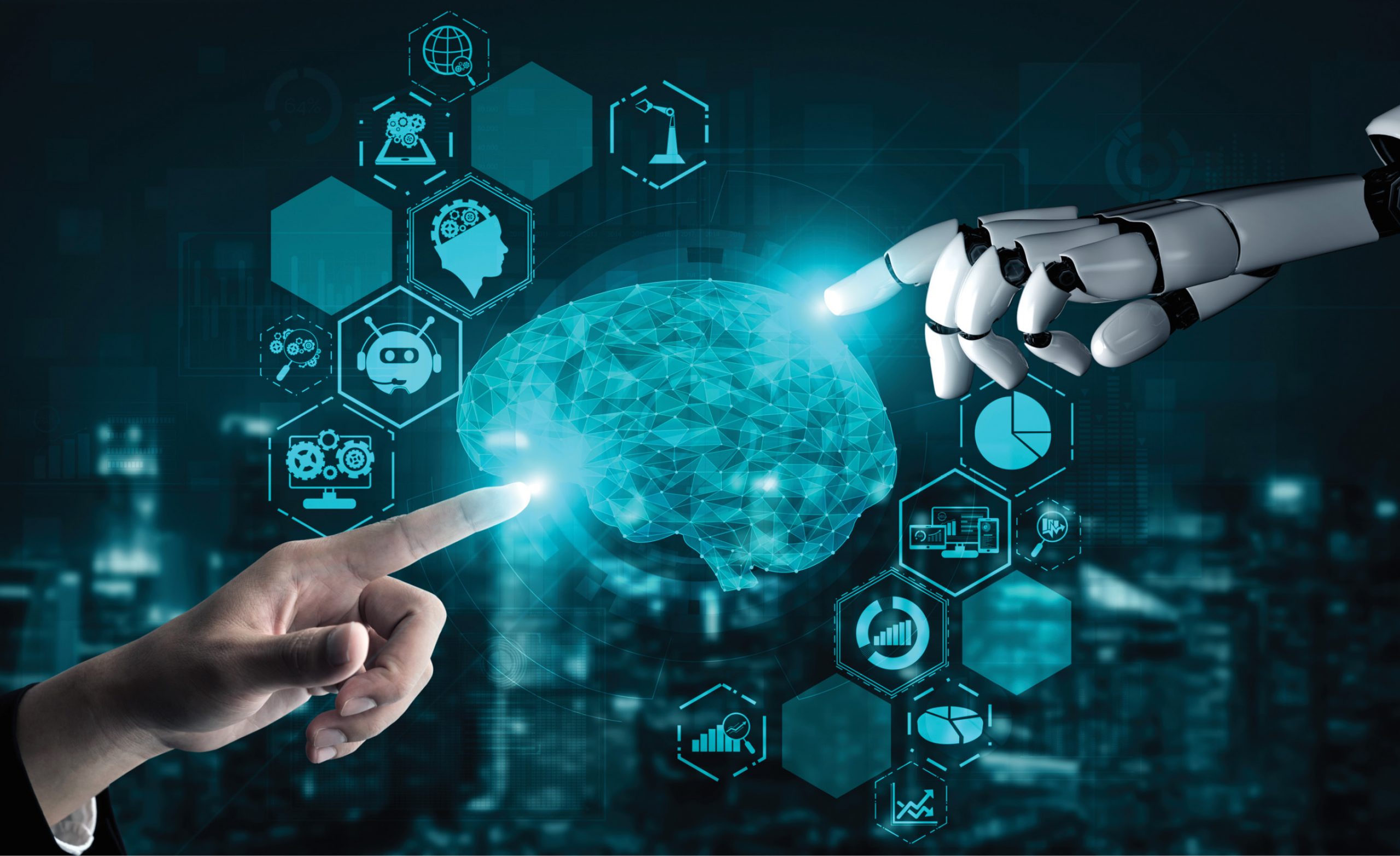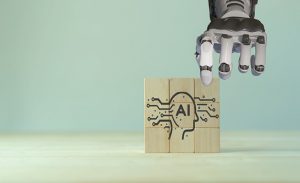
The Promising Future of AI Mentorship: Revolutionizing Personalized Learning for All
The future of learning is rapidly changing with the advancement of technology, particularly in the field of artificial intelligence (AI). AI has the potential to revolutionize the way we learn and acquire knowledge, offering personalized learning experiences tailored to the individual’s needs and learning style. AI mentorship has emerged as a promising approach to enhance the learning process.
It is a type of technology-based learning that relies on machine learning algorithms to provide personalized guidance and feedback to learners. It is designed to adapt to each learner’s needs, pace, and performance, providing them with the appropriate level of challenge and support. AI mentors can assist learners in a variety of ways, from answering questions and providing explanations to offering suggestions and recommendations for further study.
There are several potential benefits of AI mentorship for learners. First and foremost, AI mentorship can provide personalized learning experiences. By analyzing each student’s strengths, weaknesses, learning styles, and interests, AI-powered systems can adapt the content, pace, and difficulty level of the learning materials to match their needs and preferences. This can improve engagement, retention, and ultimately, learning outcomes.
Secondly, AI mentorship can make learning more accessible to people with disabilities or those who face other barriers to education. For example, AI-powered tools can provide real-time captioning or sign language translation for learners who are deaf or hard of hearing or adjust the font size and contrast for learners with visual impairments.
Thirdly, AI mentorship can be scaled to serve large numbers of learners at once, without compromising the quality or personalization of the learning experience. This is particularly important in contexts where there are not enough teachers or mentors to meet the demand for education.
 Finally, AI mentorship can provide learners with timely and actionable feedback on their progress, which can help them identify areas where they need to improve and adjust their learning strategies accordingly. This can be particularly valuable for self-directed learners who do not have access to traditional feedback mechanisms such as exams or assignments.
Finally, AI mentorship can provide learners with timely and actionable feedback on their progress, which can help them identify areas where they need to improve and adjust their learning strategies accordingly. This can be particularly valuable for self-directed learners who do not have access to traditional feedback mechanisms such as exams or assignments.
One example of AI mentorship is ChatGPT, a language model developed by OpenAI. ChatGPT is designed to generate human-like responses to a wide range of prompts, making it ideal for use in education. It can answer questions, provide explanations, and even offer suggestions for further study based on the learner’s interests and preferences. ChatGPT can also analyze the learner’s performance and provide feedback on areas where they need improvement, helping them to focus their efforts on the areas that will have the most impact on their learning outcomes.
Another example of AI mentorship is Duolingo, a language learning app that uses AI to provide personalized feedback and guidance to language learners. Duolingo uses machine learning algorithms to analyze the learner’s performance and provide real-time feedback on their pronunciation, grammar, and vocabulary. It also adapts to the learner’s pace and skill level, providing more challenging content as the learner progresses.
AI mentorship is not limited to language learning. It can be applied to a variety of subjects, including math, science, and social studies. For example, ALEKS is an AI-powered math learning platform that uses adaptive algorithms to provide personalized learning experiences to students. ALEKS analyzes the student’s performance and provides them with appropriate levels of challenge and support, ensuring that they master each concept before moving on to the next.
Despite the many benefits of AI mentorship, there are also concerns about its potential impact on the learning process. Some argue that AI mentorship may lead to a loss of human interaction and personalized attention, which are essential to effective learning. Others worry that AI mentors may reinforce bias and perpetuate inequalities in the education system.
However, proponents of AI mentorship argue that it can enhance the human element of education. By automating routine tasks, such as grading and feedback, AI mentors can free up teachers’ time to focus on more meaningful interactions with students. This can lead to more personalized attention and better learning outcomes for students.
Moreover, AI mentorship has the potential to reduce inequalities in the education system by providing personalized support to students who may not have access to one-on-one attention from a teacher. It can also help to identify and address biases in the education system by providing objective feedback and recommendations based on data analysis.
In conclusion, AI mentorship is a promising approach to enhance the learning process in the future. While there are concerns about its potential impact on the human element of education, proponents argue that it can enhance personalized attention and reduce inequalities in the education system. As technology continues to advance, it will be important to continue to evaluate the impact of AI mentorship on the learning process and ensure that it is used responsibly and effectively.
AI mentorship has the potential to transform the education industry. As a leading provider of educational content and services, we are committed to incorporating the latest technology into our solutions to provide personalized learning experiences that meet the needs of each learner. We believe that AI mentorship can help to enhance the learning process and prepare learners for success in the learning and development industry.






No Comments